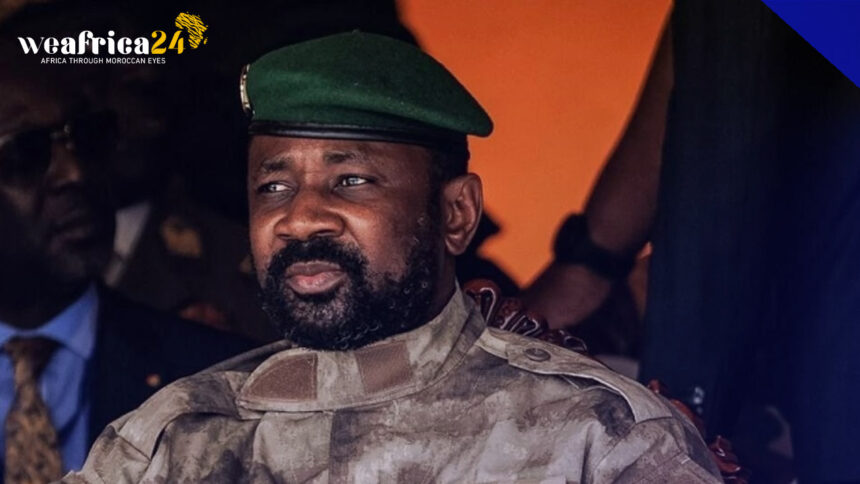In Mali, March 26th marks the anniversary of the fall of the military dictatorship of General Moussa Traoré in 1991. Thirty-three years later, ironically, this date officially marks the end of the transition period that began with the military coup in August 2020. However, despite the commitments made by the current Malian transitional authorities, they remain firmly in power and seem determined to stay.
The presidential decree signed by Colonel Assimi Goïta two years ago, on June 6, 2022, extended the transition period from twenty-four months, starting from March 26th, 2022. This commitment has therefore not been honored, and the presidential election scheduled for last month was postponed. Six months ago, when the announcement was made, Bamako spoke of a “slight delay,” but to date, no new date has been set.
The duration of the transition had been the subject of difficult negotiations with the Economic Community of West African States (ECOWAS), but since then, Mali has left the regional organization, and the holding of elections has not been the subject of any recent concrete declaration from Bamako. And frankly, no one expects it anymore, at least not in the short term.
Opponents who advocate for a return to democratic constitutional order see this situation as a hostage-taking of the country by the colonels in power for nearly four years now.
Supporters of the transitional authorities argue for the maintenance of the current regime. Some even openly reject the holding of elections, which they see as “imposed.” It remains to be seen whether the Malian transitional authorities will bother to “formalize” this situation, whether the Constitutional Court will react on its own, or whether the transition will continue as if nothing had happened.







